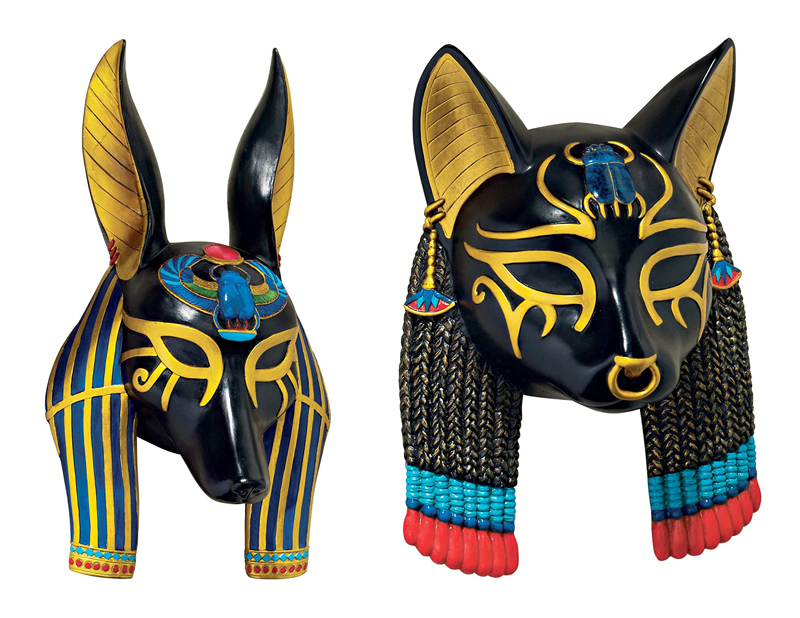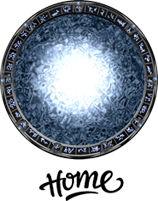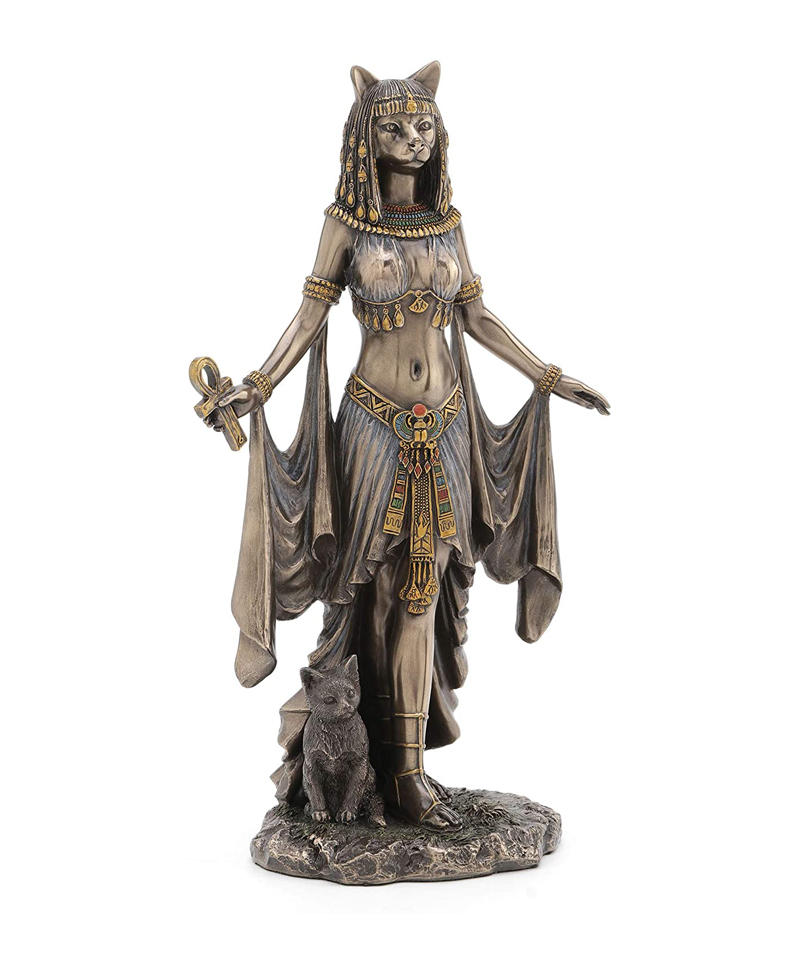Masks of Ancient Egyptian God Anubis and Goddess Bastet Statue
These Masks represent Anubis, the jackal god of the afterlife and Bastet, the cat goddess and protectress of women. The bold Egyptian symbolism in these masks are perfect for display in house. The rich details and beautiful hand painting of these masks are wonderful, hand-cast using real crushed stone bonded with durable designer resin, this Egyptian Mask Statues are hand painted in ebony black and the rich colors of the Egyptian palette. Anubis is the Egyptian god of mummification and the afterlife as well as the patron god of lost souls and the helpless. He is one of the oldest gods of Egypt, who most likely developed from the earlier (and much older) jackal god Wepwawet with whom he is often confused. Anubis’ image is seen on royal tombs from the First Dynasty of Egypt (3150-2890 BCE) but it is certain he had already developed a cult following prior to this period in order to be invoked on the tomb’s walls for protection. He is thought to have developed in response to wild dogs and jackals digging up newly buried corpses at some point in the Predynastic Period in Egypt (6000-3150 BCE) as the Egyptians believed a powerful canine god was the best protection against wild canines.
Bastet is the Egyptian goddess of the home, domesticity, women’s secrets, cats, fertility, and childbirth. She protected the home from evil spirits and disease, especially diseases associated with women and children. As with many deities in Egyptian religion, she also played a role in the afterlife. She is sometimes depicted as a guide and helper to the dead although this was not one of her primary duties. She was the daughter of the Sun God Ra and is associated with the concept of the Eye of Ra (the all-seeing eye) and the Distant Goddess (a female deity who leaves Ra and returns to bring transfromation). Bastet was one of the most popular deities of ancient Egypt as she was the protector of everyone’s home and family. Masks of Ancient Egyptian God Anubis and Goddess Bastet Statue measures: Anubis’ Mask 6 inches / 15 cm x 4 inches / 10 cm x 11 inches / 28 cm, Bastet’s Mast 5 inches / 13 cm x 3 inches / 7.5 cm x 8 inches / 20 cm.
Masks of Anubis and Bastet Statue on Amazon.
Masks of Anubis and Bastet Statue on eBay.





You must be logged in to post a comment.